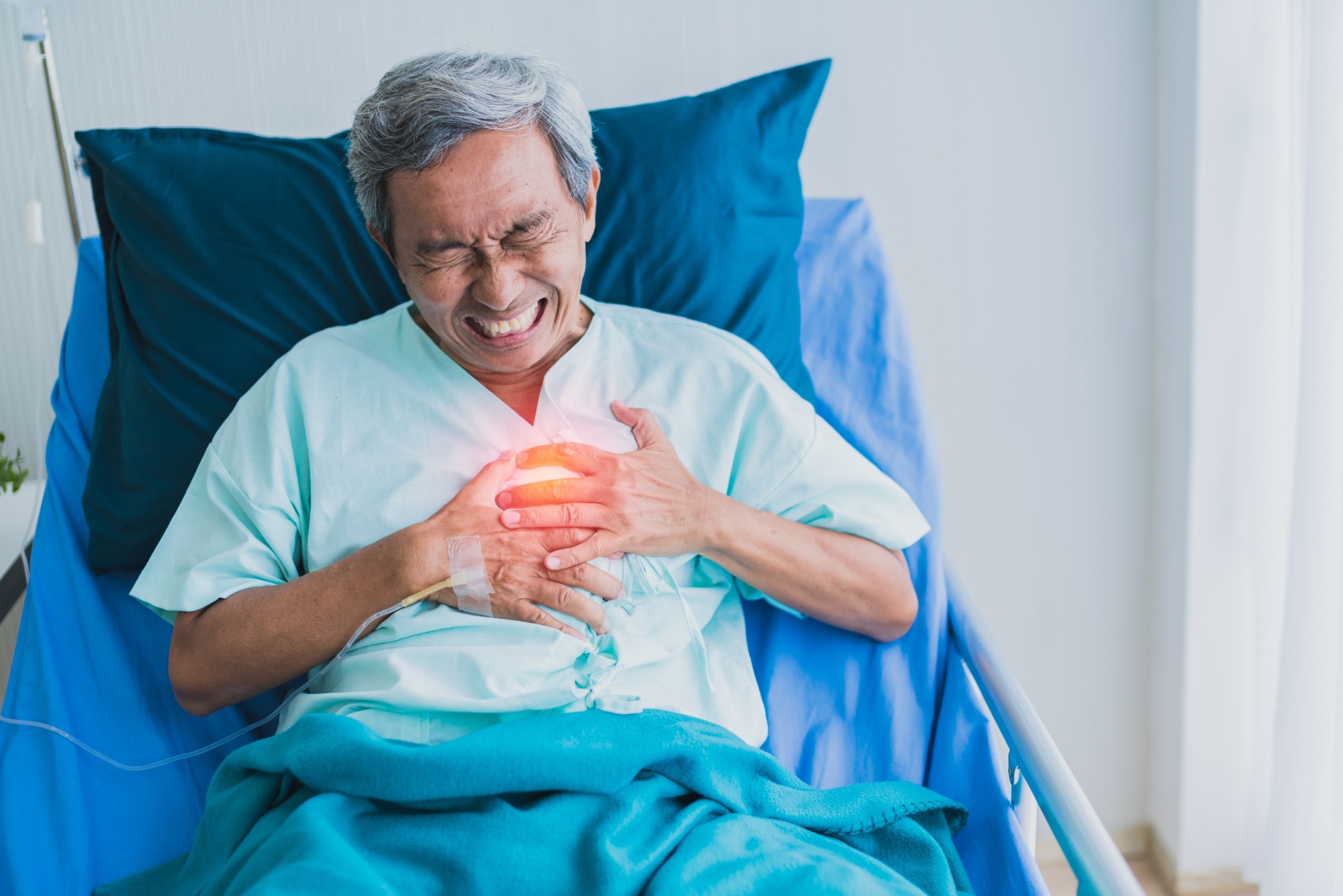Heart Attack is crucial! 🚑 Act fast, call 112, and prioritize your heart health.
In Cardiology, the term “Golden hours” refers to the critical period of time following the onset of a cardiovascular event, such as a heart attack or stroke. During these golden hours, medical intervention is crucial to minimize damage to the heart or brain and improve the chances of a positive outcome.
The specific duration considered as the “Golden hours” rapid recognition of early symptoms, immediate medical attention, and swift intervention during this critical time frame can make a significant difference in patient outcomes.
Recognizing the signs and symptoms of a heart attack include:
- Chest Discomfort:
- Uncomfortable pressure, squeezing, fullness, or pain in the center of the chest.
- It may feel like a tight band around the chest, and the discomfort can last for more than a few minutes or may come and go.
- Upper Body Discomfort:
- Pain or discomfort in one or both arms (particularly the left arm), the back, neck, jaw, or stomach.
- Shortness of Breath:
- Feeling short of breath or having difficulty breathing. This may occur with or without chest discomfort.
- Cold Sweats:
- Profuse sweating, often described as “cold sweats” unrelated to physical activity or room temperature.
- Nausea or Vomiting:
- Feeling nauseous or vomiting, sometimes accompanied by abdominal discomfort.
- Light-headedness or Fainting:
- Feeling light-headed, dizzy, or faint. Some people may actually faint.
- Anxiety or Restlessness:
- A sense of anxiety, impending doom, or extreme restlessness.
- Unusual Fatigue:
- Unexplained fatigue or weakness, especially if it’s severe or occurs with other symptoms.
It’s important to note that not everyone experiencing a heart attack will have the same symptoms, and some individuals, especially women, may have atypical symptoms. Additionally, some people may have a “silent” heart attack with minimal or no symptoms.
If you suspect a heart attack, here are steps to take:
- Call Emergency Services:
- Dial emergency services immediately (911 in the United States) to get help on the way.
- Take Nitroglycerin (If Prescribed):
- If you have been prescribed nitroglycerin and it’s readily available, take it as directed while waiting for emergency help.
- Stay Calm:
- Try to stay as calm as possible. Stress and anxiety can exacerbate heart-related symptoms.
- Don’t Drive Yourself:
- Avoid driving yourself to the hospital. Emergency medical services can provide critical care during transportation.


I want to know the procedures for treatment please.